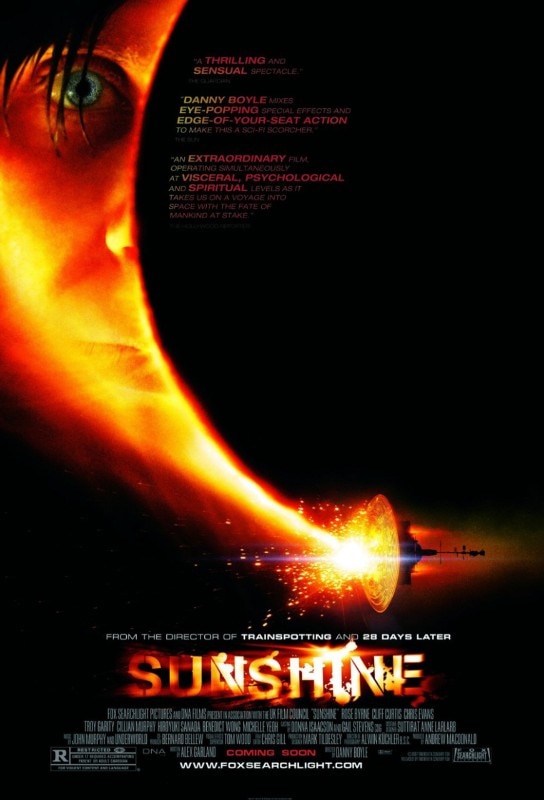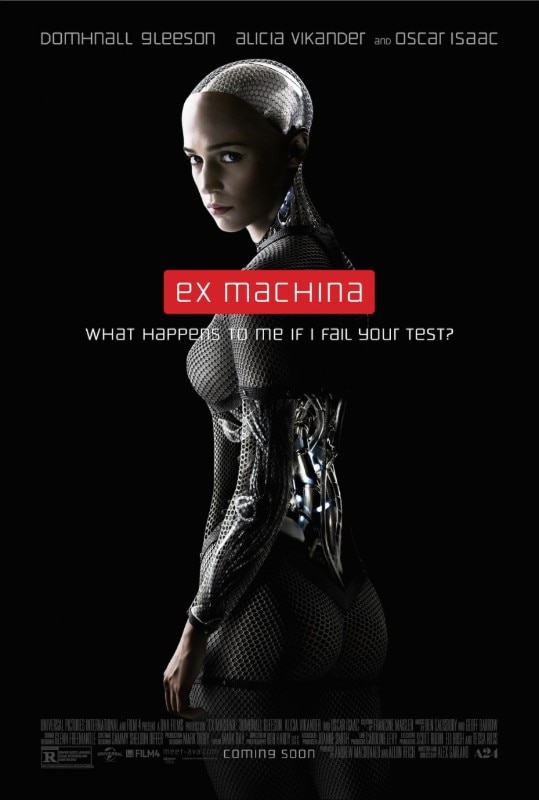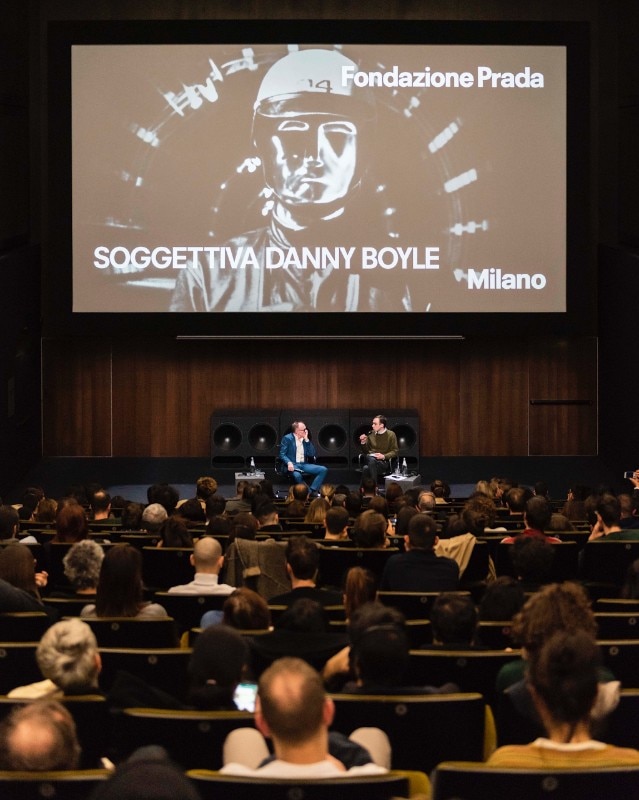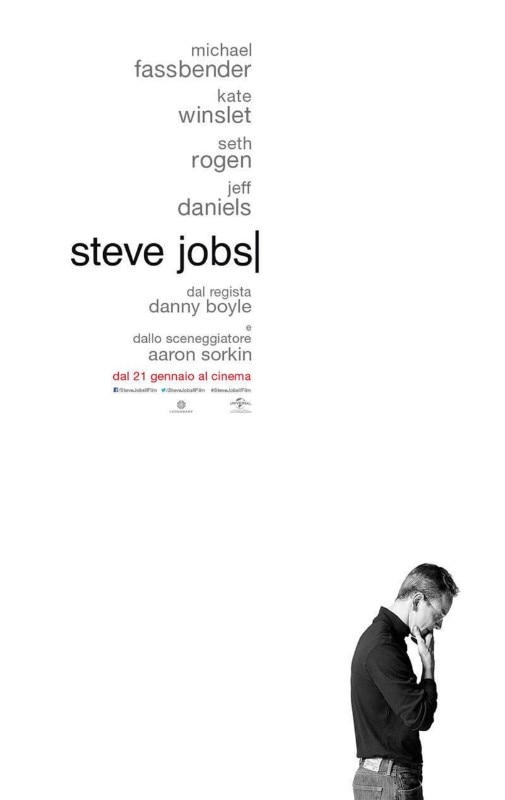We meet at Fondazione, Prada’s hub for arts in Milan, in a large, sunny room upon Wes Anderson’s Bar Luce. It’s Friday, lunchtime, and news about the first infected by Coronavirus in Northern Italy have just spread; in a few hours, it will be recognized as the third most infected area in the whole world. Two piles of white sheets, a various amount of glasses, water bottles, cups and teapots and my Google Pixel, which automatically transcribes our conversation in real-time, lie on the table which separates me from Danny Boyle, author of contemporary classic movies as Trainspotting, The Beach and 28 days later, Oscar-winning director of Slumdog Millionaire, and more. He’s wearing a grey shirt and a pullover of a darker grey shade. During our talk he smiles a lot, sometimes looks sideways as to summon answers somewhere from the air, or suddenly leans back on the back of his chair. If you had to describe him with just one word that would be “passionate”. There’s no doubt about that.
Succeeding Damien Hirst, Nicolas Winding Refn and other demigods of visual arts and cinema, Danny Boyle is the latest curator of the “Soggettiva” series, a film retrospective for which he conceived a selection revolving around the increased presence of automation in our world. Mr Boyle’s “Soggettiva” will feature classics like Alien, Blade Runner and the original Terminator, but also more recent films like Alex Garland’s Ex Machina and Spike Jonze’s Her and Pixar’s Wall-E, mixed up with some almost-forgotten masterpieces from the past as Demon Seed or Tsukamoto's Tetsuo or Adam Clarke’s Elephant – yes, Guns Van Sant titled his 2003 movie, which won a Palme d’Or in Cannes and more, after it.

Science fiction is, according to Danny Boyle, “the most important artistic genre for our times”. “Soggettiva” kicked off with THX 1138, the first movie directed by George Lucas.
Why THX and not Star Wars?
I've never been a big Star Wars fan. I think it was because when they first came out I was a punk and punk was very separate from these fantasy movies.
Fantasy?
There are two branches of science fiction. There's fantasy sci-fi where literally anything goes. You can invent planets and creatures powers and nothing has any real resemblance to reality. I was never really interested in that.
And the other branch?
I understood this doing a space movie called Sunshine. The other branch of science fiction tries with greater or lesser success to keep a foot in our real world. The stories are a bit narrower, they're not quite as free to just invent things because they need to stay within certain parameters, but I love that branch of science fiction.
So, you are actually a SF fan.
Yeah.
Back in the days, movies like Terminator felt like a pure entertainment dystopia, but in the age of Alexa, the perception has changed.
Science fiction was fun, even if it was frightening you. It was fun. And now I think it's the most critical way that we can look at what we face, the tipping point of what is coming.
Do you mean living side by side with intelligent machines?
Yes, as the inception of machine learning, or data, as a belief system. We're about to live in a data-centric universe, where data is much more important than God, or money, or all the other things that we've agreed to live under as belief systems in the past.
Is there any science fiction movie that was personally important for you?
One of the most fundamental experiences I ever had was seeing Solaris.

Did you pick Solaris for Soggettiva?
Yes, the original one by Tarkovskij's, not Soderbergh's remake. In the original Solaris, there's not much to look at, but there is a spell. It was a huge game-changer for me in terms of what movies were and of what they were capable of in the mindfulness of them.
Do you mean intellectually?
I mean the whole thing about what we are, what we're capable of. That comes into focus now, as machine learning begins to replace us, as it will do inevitably. What is our value other than as consumers of what machines create?
That’s a crucial question, even concerning our raison d'être in a future world dominated by automation. Do you have an answer for that?
My answer to it is culture, but which involves love and weakness and the flaws in us. This is what culture explores, whereas machines are about perfection, which we'll never be.
Will the machines own the future, our future?
I'm clear in my own mind that there is a future for us, but it's only if we develop culture. And I mean, hugely more, in the way that 20 or 30 years ago the medical world started telling us “you have to exercise”. We've accepted that now. We have to build ten of these (Fondazione Prada, ed.) in Milan, we have to build a hundred of them in a bigger city. You've to make it a fundamental part of people's lives almost like transporters.
So “choose culture” is the new “choose life”.
I think there's active participation in culture which is crucial to its effect on us, like when you choose to watch a movie. That may be just taking the subway to go out and get to the cinema. That’s why I separate cinema from television. Television is much more passive. You sit at home and it's so convenient. What could be not nicer than being able to watch the Irishman at home on the television, but you know, then Netflix recommends another movie for you, and then a tv series, and then another episode.
Binge-watching is a totally passive scheme.
The active part is the machine that's watching you.

Recently I had a talk with Derrick de Kerchkove, and during our conversation he stressed out how relevant it is to mantain an active role in designing our software and apps, so to shape and define digital assistants. Do you think that we can resist the machines if we have to?
Hollywood has a good history of creating movies about those resisting the machine. I think that's pretty naive. Our habit of consumption is so convenient now that I'm not sure that we can change.
In this vision, machines are the guardians of consumerism.
But it may be that the machines at the moment of real singularity will decide that we have to stop consuming, in order to rebalance the planet, they may well decide for us, and when'll you get to your car it won't turn on. Artificial intelligence will be an evolved version of our intelligence. And that will apply also to epidemics, for example.
Machines could save us from, let’s say, a hypothetical COVID-20?
If a healthcare digital assistant is monitoring you and you're coughing like you never do normally, and you wake up sneezing or with temperature, in connection with other machines caring for people it may find that this is unusual. “We must isolate this person in case of the virus in turns into a super spreader”, machines will say. They'll lock the house down as in fact they do in the movie Demon Seed (released in 1977, ed.). And even more, they may decide that this person should be eliminated because if he leaves the house, it could kill 10 million people by spreading this virus.
It looks like the paradox of automated cars that in some scenarios could decide to sacrifice the driver not to kill 5 pedestrians.
Automated driving could happen in five years, but it could be quicker. EU has the apparent power to delay these things, but the corporations are so vast now, they're not allowing their decisions to be affected by individual countries. Facebook is launching its own bitcoin, its reach is so enormous they think “we should have our own currency”. Presumably, you'll have also Facebook passports.

There's this recent news about an AI which writes poems.
Music's one of the things I love more and which seems the most mystical of things. It's not, it's the easiest of the art forms to replicate, far easier than writing and painting for instance. Machines like Emily – they usually give them women's names – can write music for you, most probably it can create the perfect disco beat.
We could debate a long time if that’s art or not.
Art has always been about weakness, not perfection. In culture we look at our weaknesses, our imperfections and vulnerabilities. If a machine was told the fatal flaws of Shakespeare's heroes, it would eradicate them. It's what a machine does: it takes the floor, gets rid of it and the next thing is perfect. But we're no better than Shakespeare's characters. We are imperfect and I think that's what culture explores. That's why it's fundamental to our reason to be. And this is why it will never be replaced by a technological version of culture, which will exist, and will become more and more sophisticated, but ultimately will lack this.
Is this something that we can see in the movies you selected for your “Soggettiva”?
The thing that connects most of these movies is love.

There's a new Star Trek series spin-off, it's called Picard and it features the comeback of Next Generation's captain, played by Patrick Stewart.
Yes, I'm watching it.
Since the Mid-Sixties, Star Trek has been the symbol of an optimistic approach to science fiction. But Picard is actually quite dark. Do you think that represents a shift in the way we watch to the future?
I think that dystopia is easier for storytelling.
Many of the movies of your “Soggettiva” are dystopias.
Yes, but consider Her, Spike Jonze's movie. It's a very benign movie and a very powerful movie because society appears to be quite benign. Ex Machina as well is set in an apparently harmonious future, with this artificial intelligence... It's interesting they're always women.
The most famous is obviously Siri. Talking about that, you also directed Steve Jobs. Under many aspects the iPhone shaped deeply of our present, introducing us to a context of deep automation.
His whole operating purpose was that intuition must be everything. He made these machines that had to be intuitive so that a child could operate it. And children can. A machine that gives you the feeling of empowerment beyond your capabilities. The ability to know anything. But the problem is that convenience is not an empowering. You appear to know the answer to every question. But actually, you need to look it up every time. Our memories are declining, we don't need to remember hundreds of telephone numbers anymore like we used to.

I can’t do quite anything without googling for it, not even writing a basic article.
I think one of the things that have disappeared with convenience in the sense of resistance. We are the same as those creatures in Wall-E, eating stuff in a dream, and getting fat and cordials. It's very funny because they can't even walk anymore! The poor are being fed, convenience society, convenience food. You don't need to move, you can watch The Irishman at home endlessly. And don't forget delivery food. Which is crazy, we want things, we are concerned about the climate change but at the same time, we want to order things so that they arrive by the time we get home. Yeah, “I don't want to wait until tomorrow”! New York Times says that by 2030 one in every two Americans will be obese and one in every four will be severely obese.
Maybe in the Eighties you imagined a future more similar to Blade Runner than this one.
Yeah, a wonderful wonderful film. One of the problems with films is that they're very seductive, and Ridley Scott is an extraordinary filmmaker. He makes that whole world seem really cool. And I remember thinking, “I hope the future is like this”.
Did you see the “K”, the exhibition inspired by Kafka’s unfinished novels, here at Fondazione?
Loneliness is interesting, isn't it? Because obviously one of the purposes of this new digital world was to connect you with everyone, all the time. And now they say loneliness is increasing. We will never be perfect, we are not built as a machine is built. We think we are. We do the Olympics and Usain Bolt appears to run faster than anyone ever, so you think that we're evolving. But Usain Bolt is just as vulnerable as anybody else to love and loneliness.
Usain Bolt is an incredible athlete but still a man, not a machine.
Someone says it’s consciousness that separates men from machines, but there's something beyond consciousness. I'm not sure what it is. It has to do with our vulnerability. It is the thing that culture touches on, gets you closer to understanding without destroying you. It tells you that you're not alone because someone else has experienced this. It will speak to you in some ways. It will touch you.
All pictures by Niccolò Quaresima.
- Title:
- Soggettiva Danny Boyle
- Where:
- Fondazione Prada, Milan
- When:
- Until July 31, 2020


